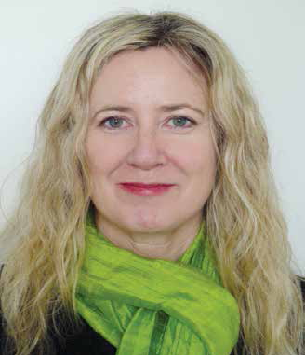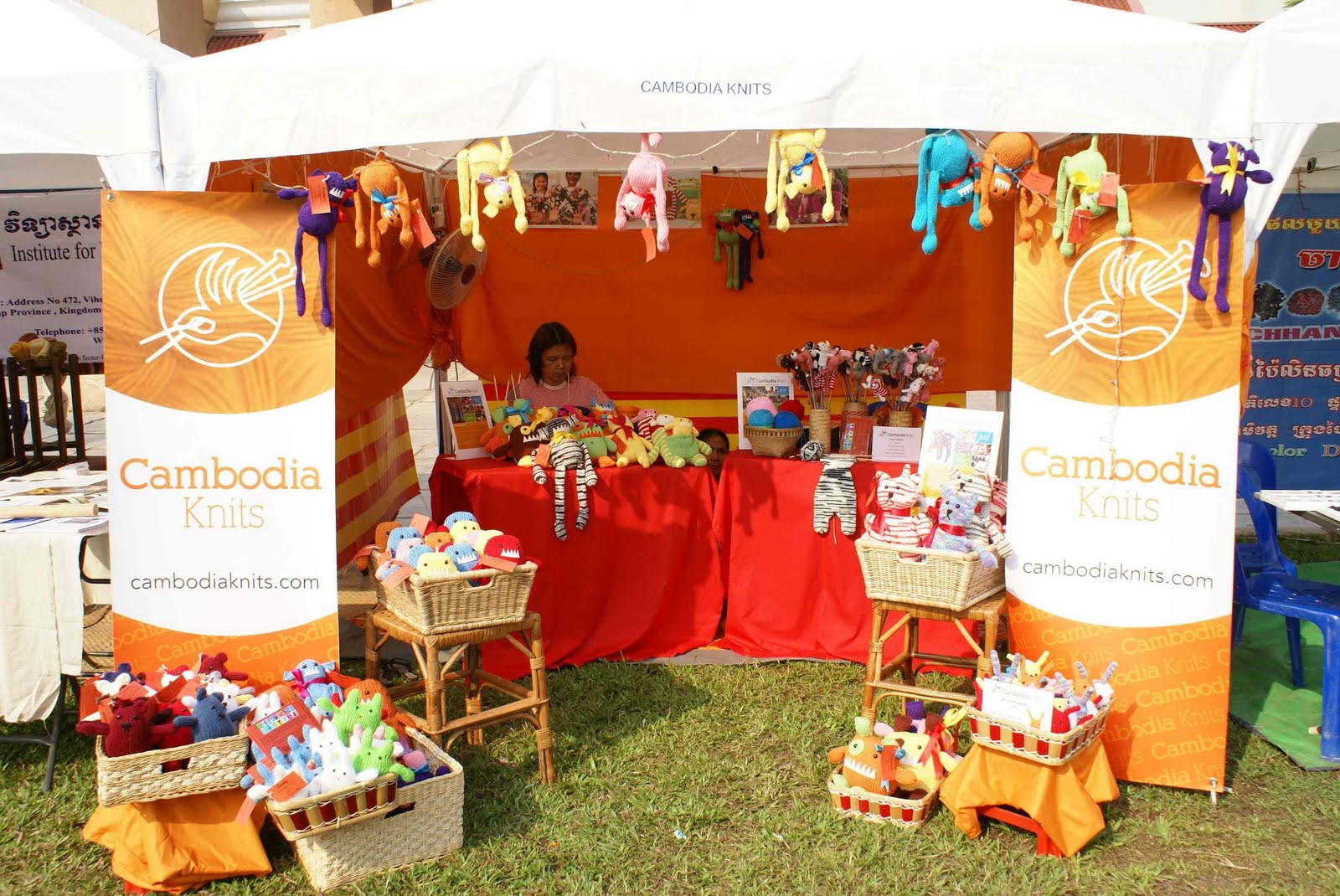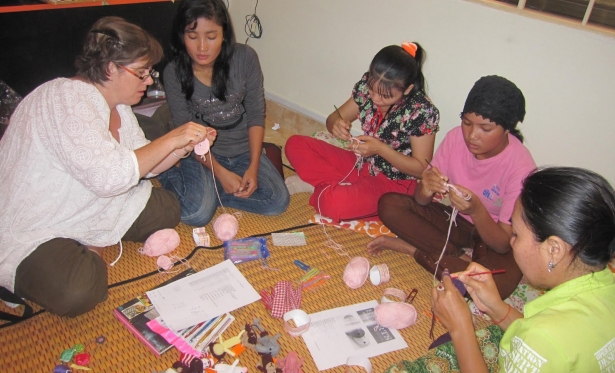Short-Term Volunteering Abroad A Success | NZ-CA Magazine Article25.02.2014
 Maria Manaton CA’s recent three-week volunteering stint in Cambodia cost her almost as much as a holiday, but allowed her to use her skills to make a difference.
Maria Manaton CA’s recent three-week volunteering stint in Cambodia cost her almost as much as a holiday, but allowed her to use her skills to make a difference. “It’s a working holiday with the added benefit of getting to know some great people and have experiences from the country you are visiting, that you would not have otherwise had the chance to have.”
The chief financial officer at Crown Law Office went to Phnom Penh for three weeks late last year to work with an organisation called Cambodia Knits. It works with marginalised communities to help them empower their way out of poverty by providing knitting skills, then employment, with fair and flexible employment opportunities.
Manaton says the knitted products are high quality and unique. During her assignment a retail store was being set up.“My role was to conduct a review of the current financial management processes, evaluate a number of accounting open source and cloud-based software options to replace their current Excel record keeping systems, and implement point of sale software, accounting process and reporting for the retail store.” She had been looking for a volunteer opportunity that would allow her to get involved at a grassroots level using her accounting and management skills, and combine her interest in other cultures and countries.
Manaton volunteered through Accounting for International Development (AfID).

One of the things that appealed to her about AfID was the length of assignments on offer, which range from two weeks to 12 months and form part of an ongoing strategy to build the financial management capacity and long-term sustainability of charities and non-profit community organisations across the world. Assignments are aimed at developing and enhancing the skills, confidence and potential of local people, giving the organisations the financial management capacity they need to deliver more effective and sustainable programmes to their beneficiaries.
Volunteers pay a placement fee and all their own costs, including flights, insurance, food and accommodation. Manaton wanted to participate as fully as possible in Cambodian life, so she rented a room in a house during her stay.
She spoke to other AfID volunteers before she left, and now echoes their willingness to volunteer through AfID again.“Would I volunteer through AfID again? Absolutely”. Prior to leaving New Zealand she also contacted Cambodian Knits and familiarised herself with the software they were interested in installing, and read the post-assignment reports from previous volunteers. She also had to mentally prepare for a different pace and language barriers.
 “The accountant I was working with was very capable and had a base level of English, but any coaching and explanations often required a series of pictures and drawings, and the use of a great language translator site on Google where I would type in an English word and it would bring up the Cambodian equivalent.”
“The accountant I was working with was very capable and had a base level of English, but any coaching and explanations often required a series of pictures and drawings, and the use of a great language translator site on Google where I would type in an English word and it would bring up the Cambodian equivalent.”Manaton says helping NGOs build capability often means working at a transactional level, which involves cash accounting, bookkeeping and budgets. “It doesn’t take long to get across it and identify where you can add value. But a big part is the business experience and soft skills you bring.”
This means coaching staff and management, prioritising the solutions, systems or training that will be most beneficial and able to be implemented and sustained once the volunteer leaves. She says the most important and rewarding elements of volunteering are the relationships that are built, and giving the enterprise the financial information it needs to ensure its continued sustainability.


